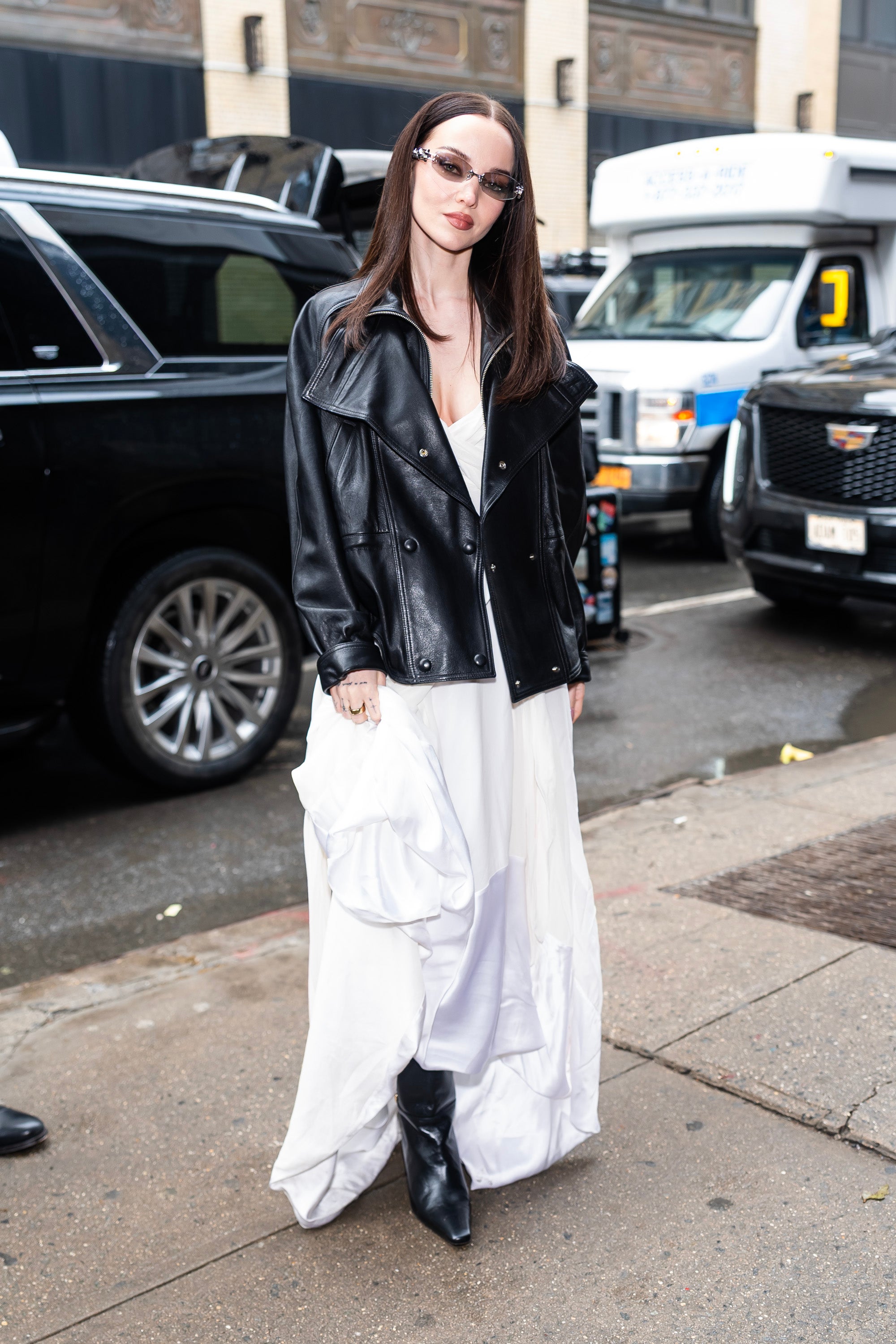
While dewy skin may now be on trend, as anyone with oily skin knows, there’s a big difference between a radiant glow and an oil slick T-zone. Indeed, as someone who grew up with oily skin in the height of the matte skin trend, I consider myself an unofficial expert when it comes to choosing and applying makeup products to help combat that unfortunate combination of greasy skin, enlarged pores, forehead shine, and breakouts.
I learned (the hard way) the importance of skin prep, how to layer makeup to ensure it lasts all day, and exactly what to do when the shine begins to seep through. I also learned how important it is to consider the formula of a product when choosing makeup—liquid blushers and cream bronzers may be trending, but if you have oily skin, powder formulas will always reign supreme.
When you’re oil-prone, you probably find that makeup doesn’t last very long on your skin, and tends to slide off or melt into (and emphasise) pores by midday. The solution? Oil-free, mattifying primers that reduce shine and keep skin looking fresh and balanced all day long, powder textures that absorb excess oil, and setting sprays and powders to keep makeup locked in place.
But first, let’s talk skin. We all know that good makeup starts with the right skincare routine, so I enlisted the help of dermatologist Sonia Khorana to give us her top tips for oily skin.

“Oily skin is basically due to an excess production of sebum on the face,” explains Khorana. “This can be caused by genetics, puberty, or several environmental factors that could be affecting the skin.”
“Sebum production is under the control of hormones (specifically sex hormones called androgens). Sebum is actually critical to overall skin health — that is, when it’s not over- or under-produced by the body. When hormone levels fluctuate – sebum production can be affected. Genetics and stress also play a role,” she adds.
Sebum levels can be affected by a large number of different triggers, from puberty through to medication, diet, and underlying conditions, so it’s not always easy to control oily skin with products alone. However Khorana recommends starting by looking out for products that are labelled ‘oil free’ and ‘non-comedogenic’ and using sebum-regulating ingredients such as niacinamide and salicylic acid.
“Cleanse twice daily using a cleanser with oil-balancing ingredients but also incorporate some gentle, non-comedogenic ingredients like squalane and ceramides to ensure your skin barrier is well looked after,” she adds. “A disrupted skin barrier can lead to sensitivity, breakouts, inflammation and dehydration, so do not skip moisturiser—just look for lighter, gel-like textures.”
When it comes to makeup application, Khorana emphasises the importance of prepping your skin with skincare products first, especially a good cleanse. “A mattifying primer is essential,” she adds. “And you might need to apply a light dusting of powder before foundation if your skin gets very oily.”
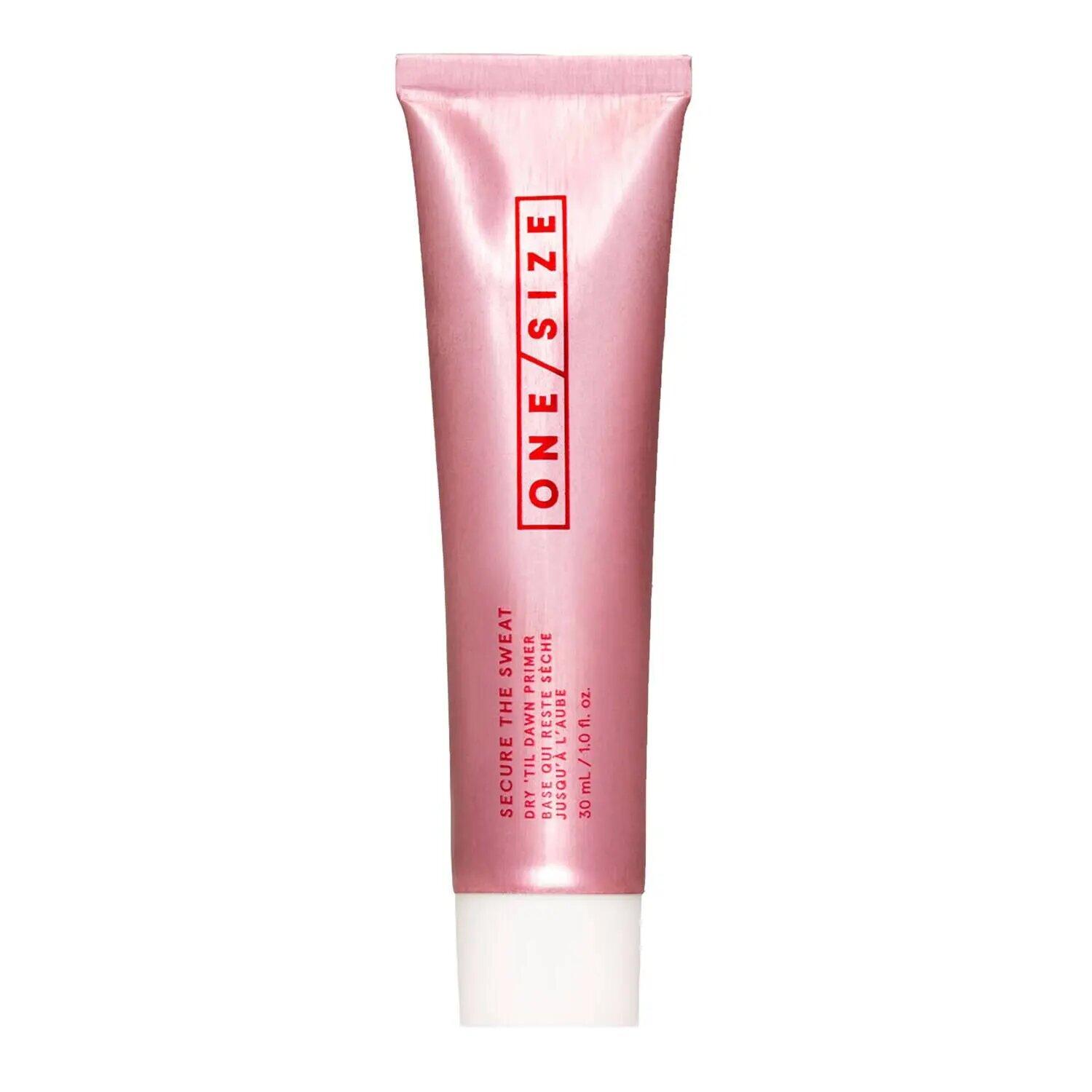
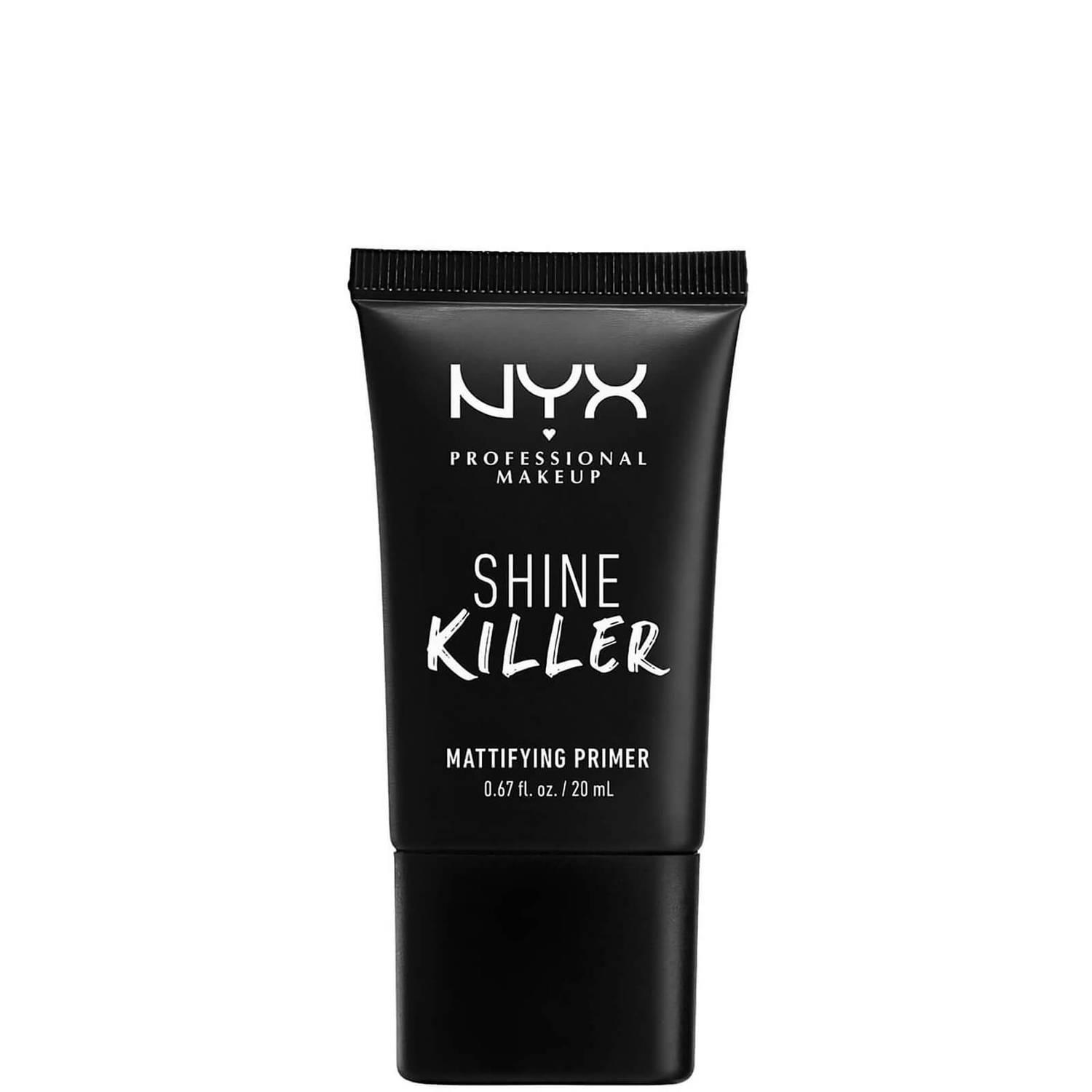
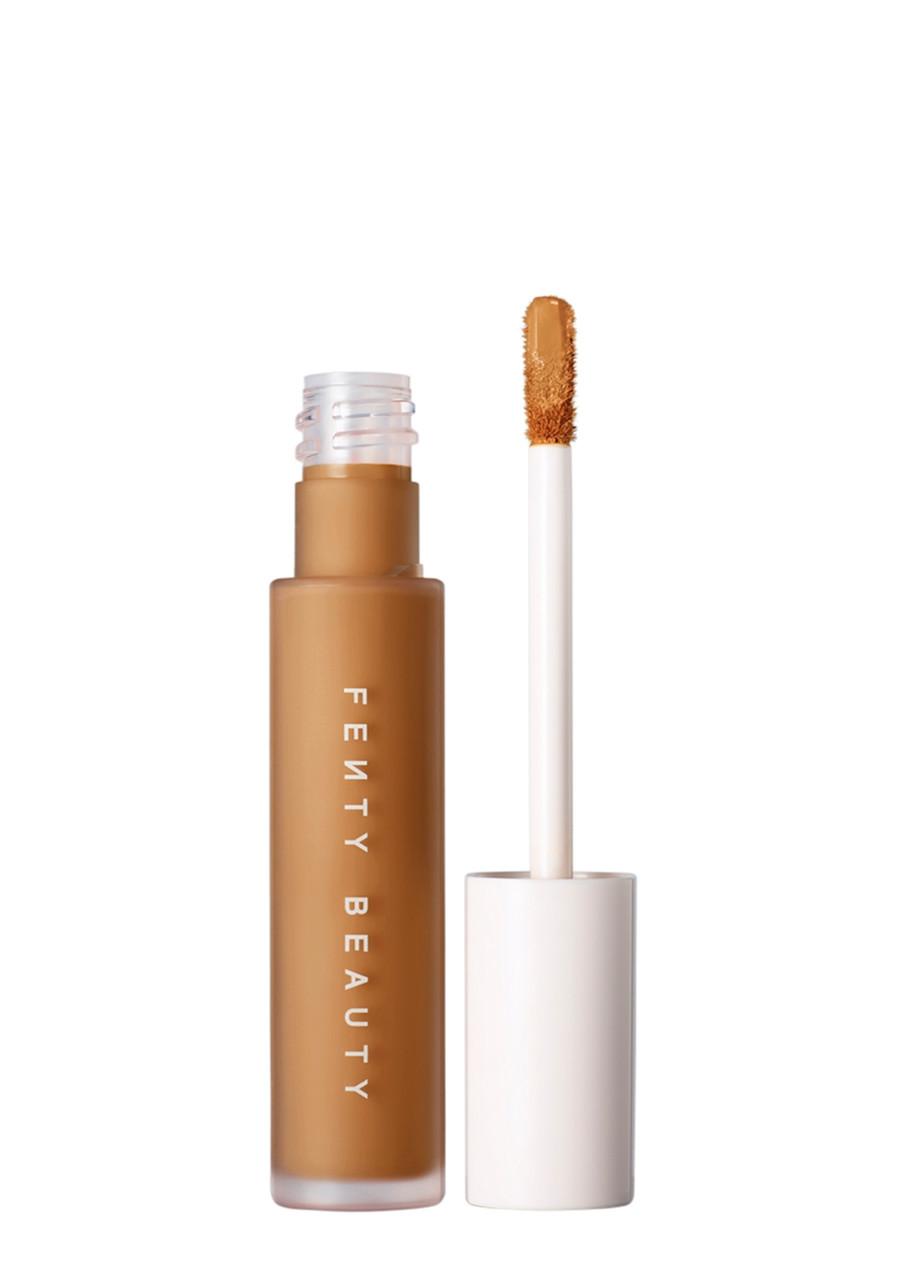
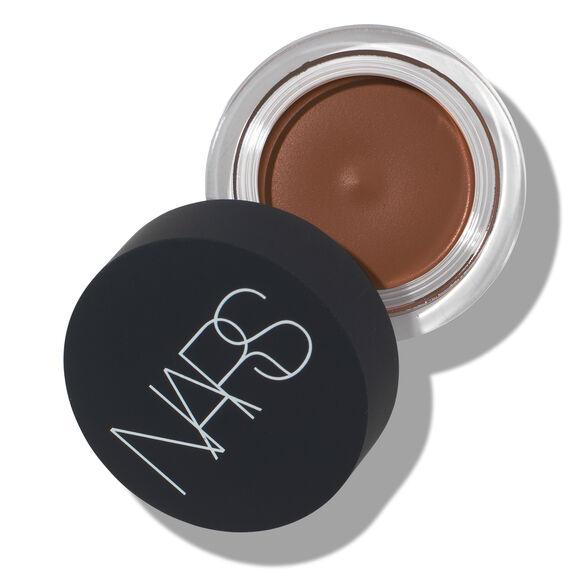
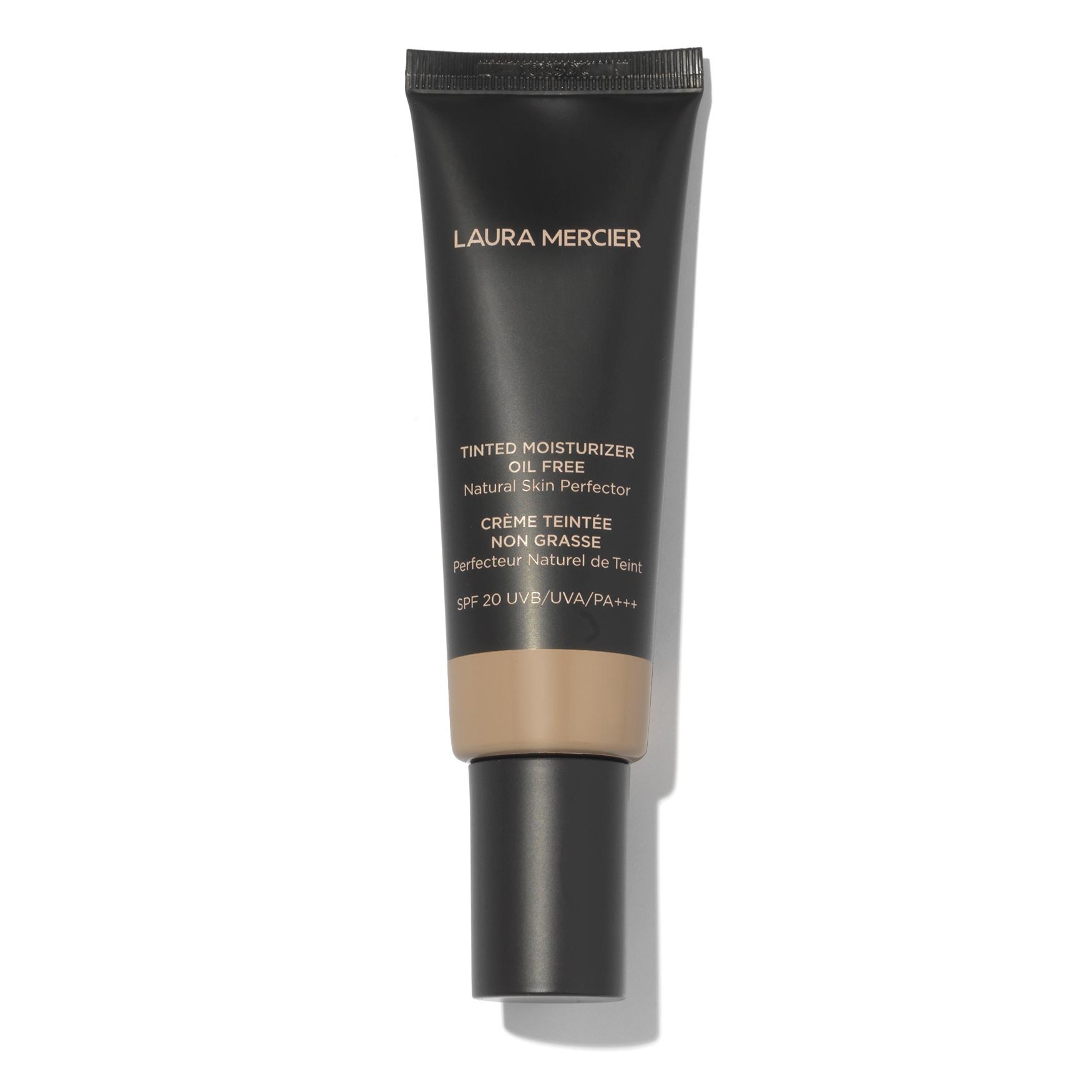
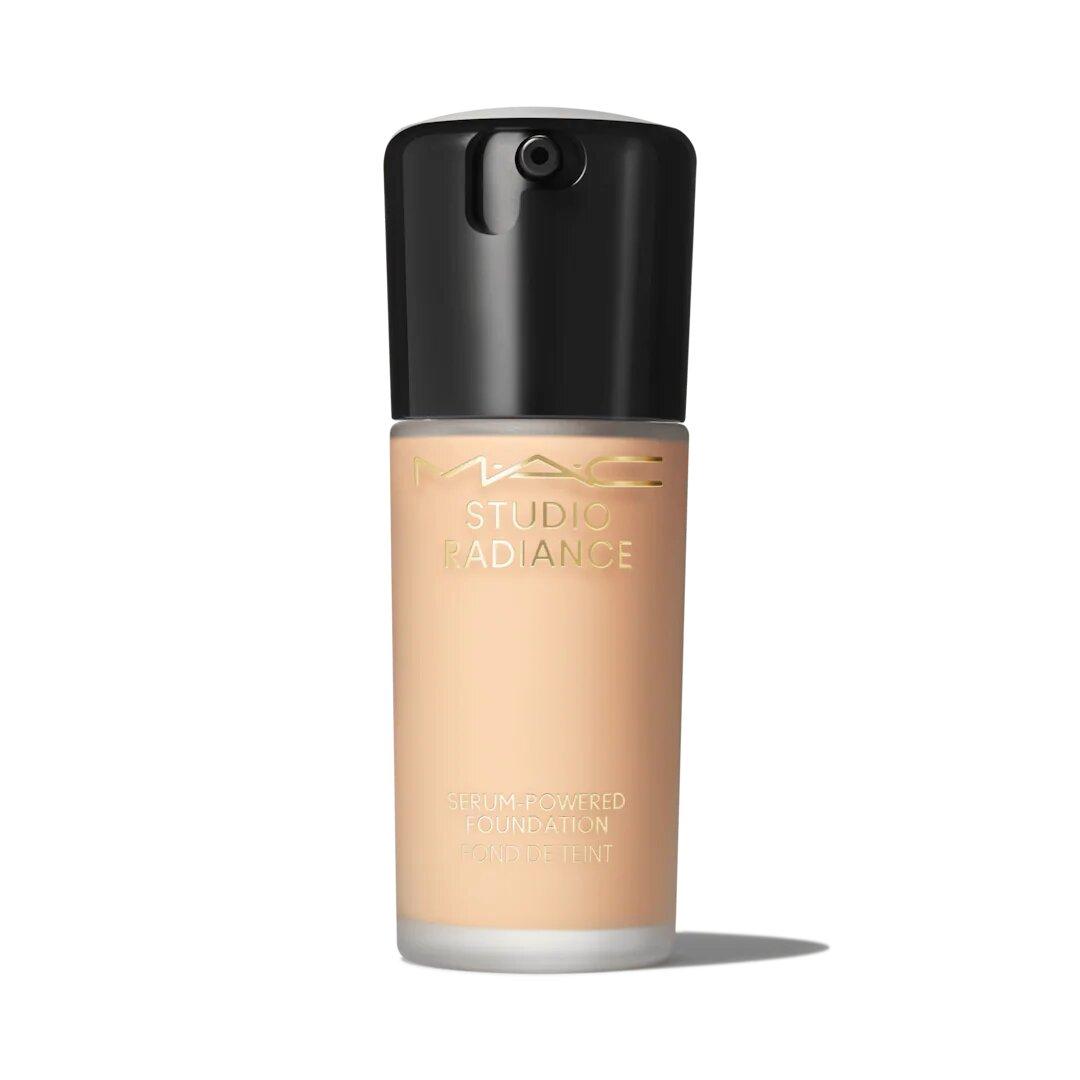
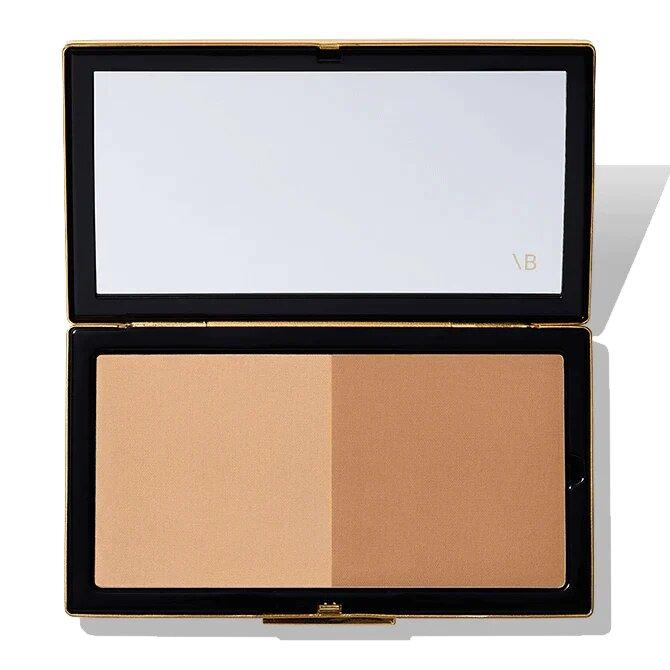
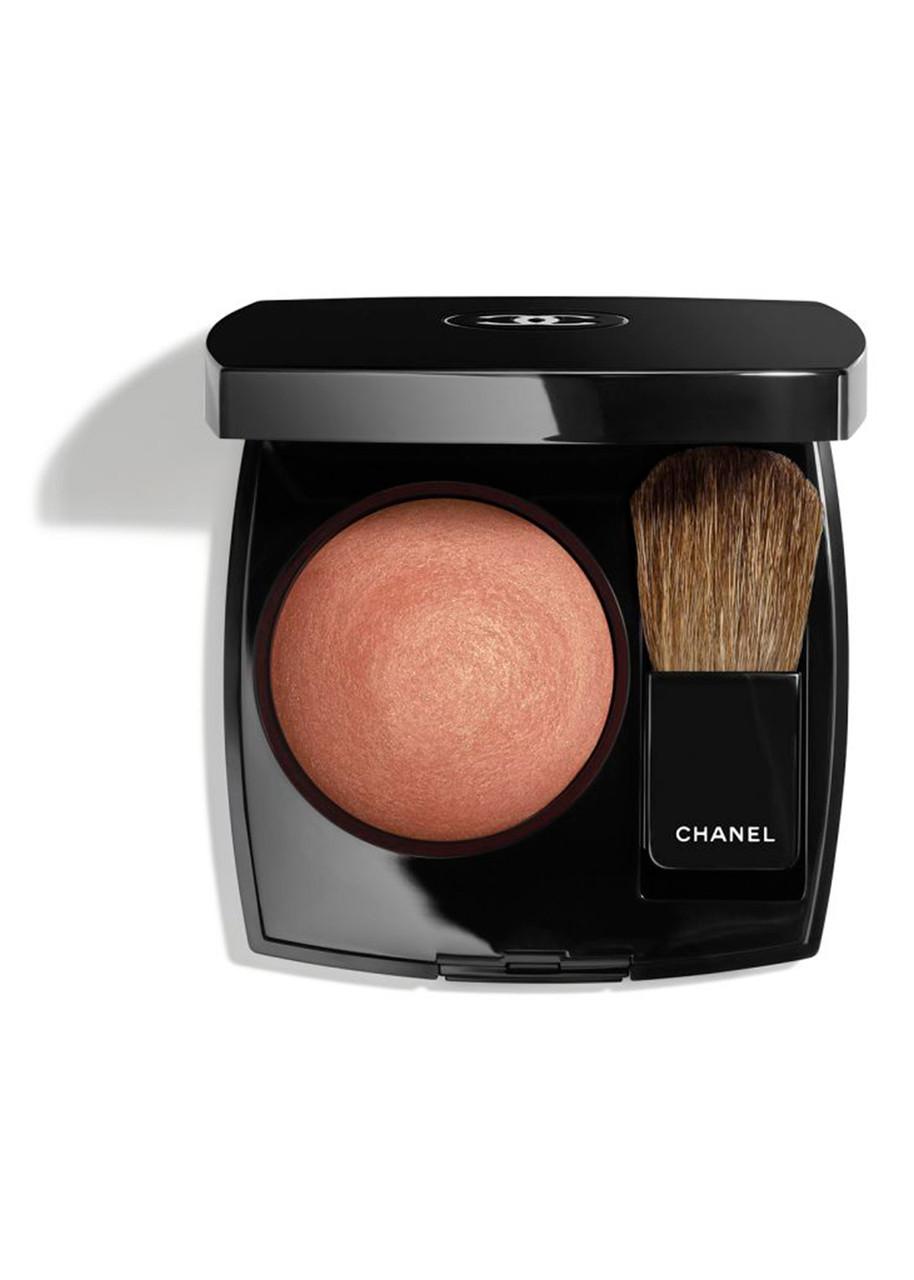
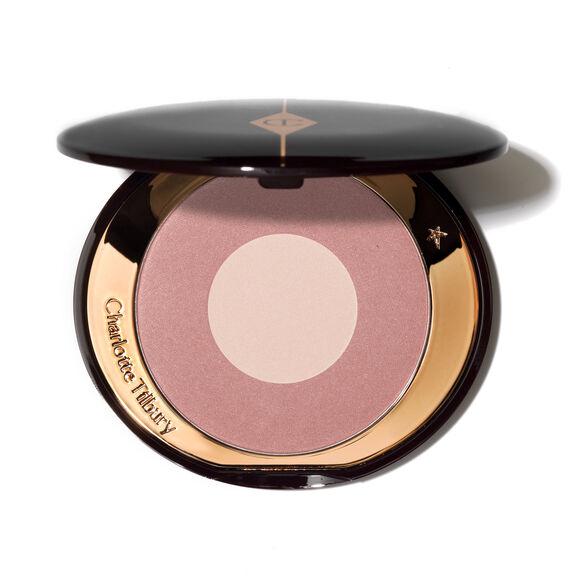
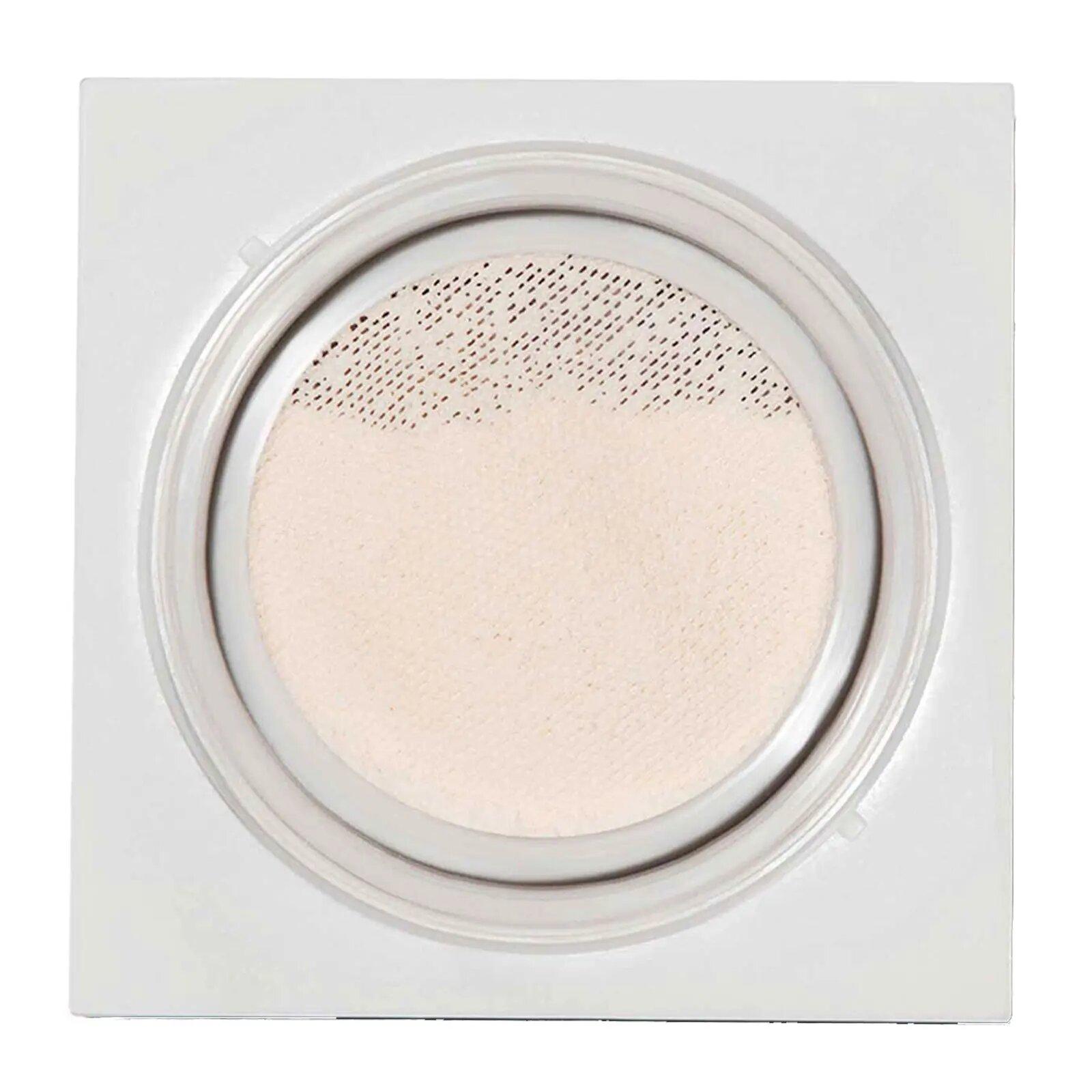
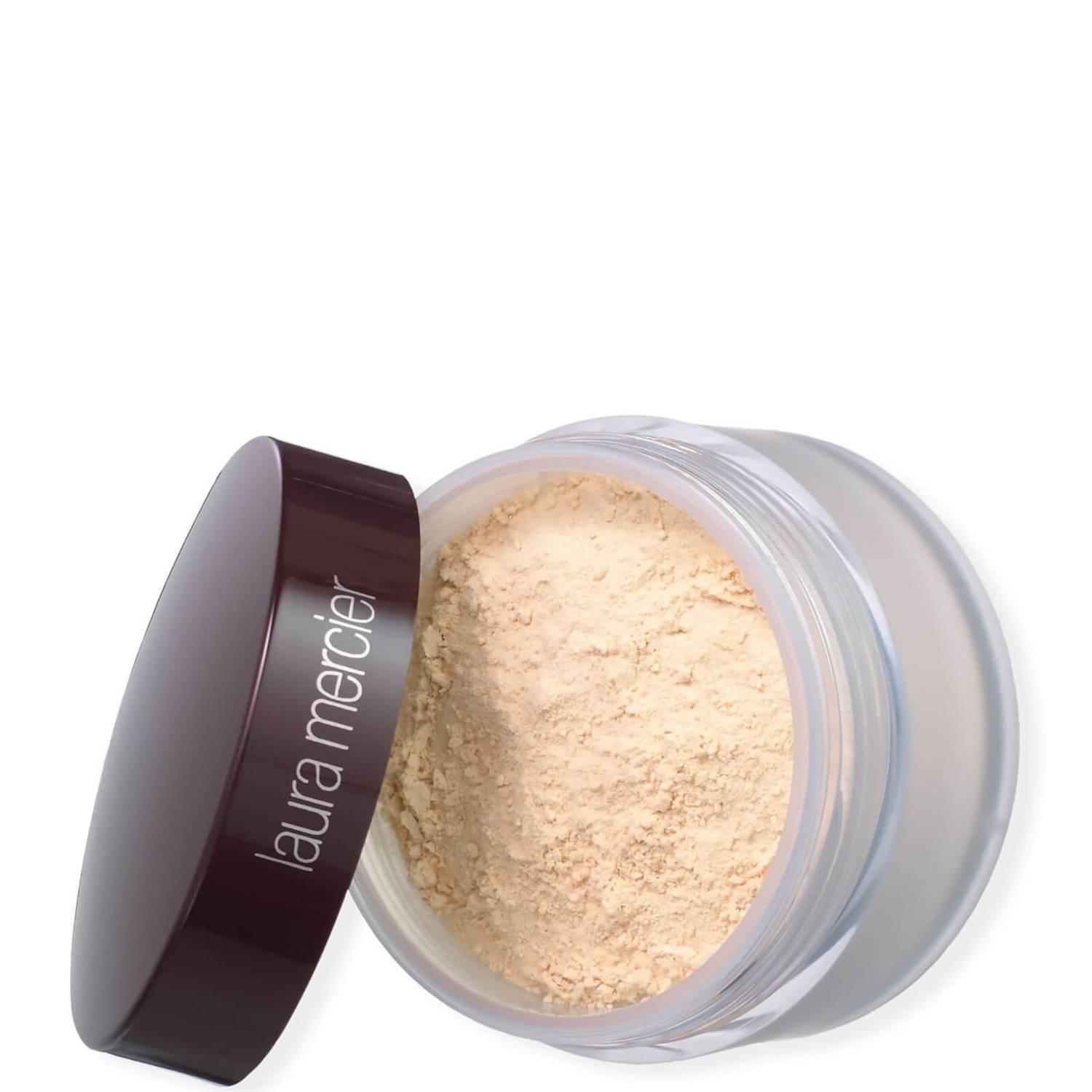
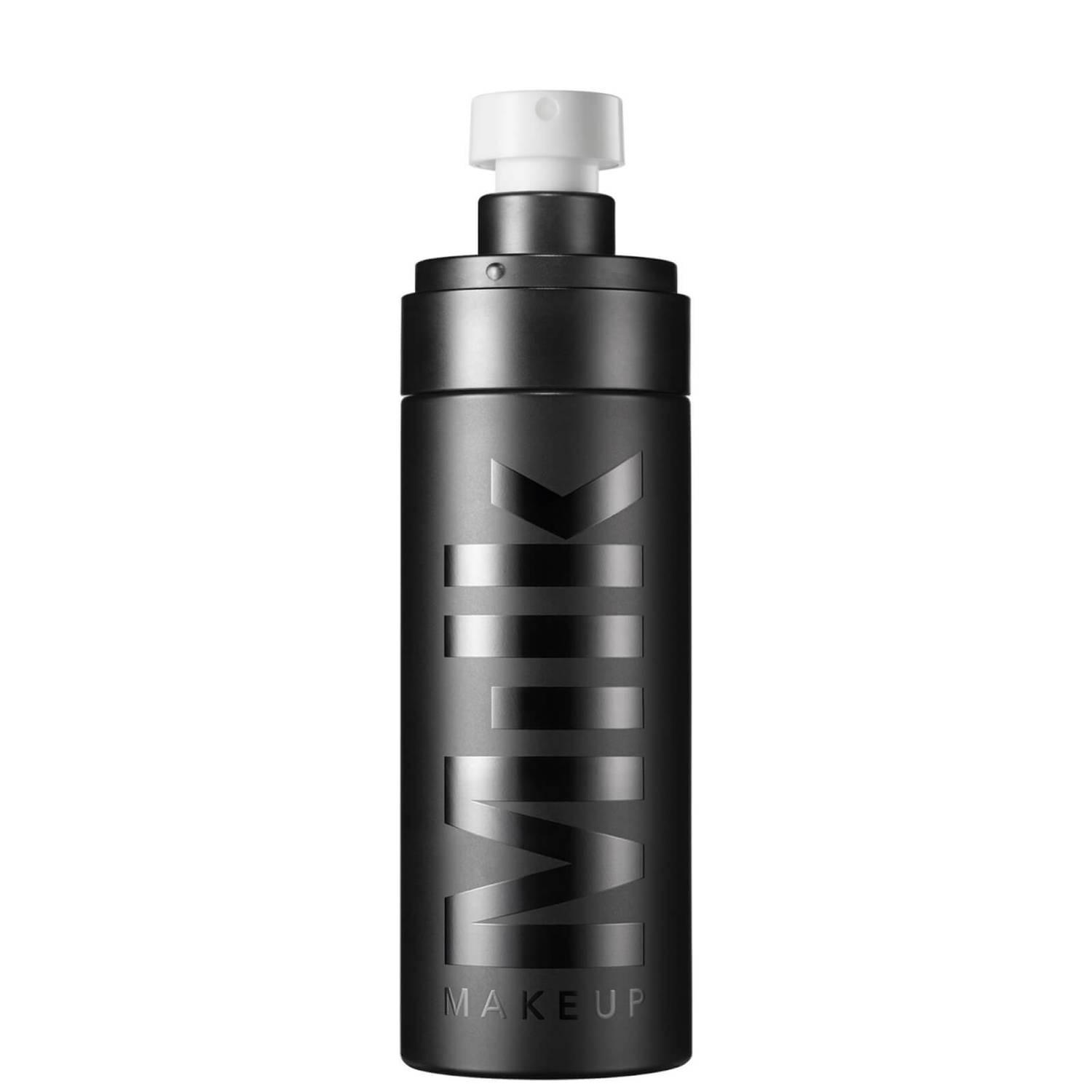
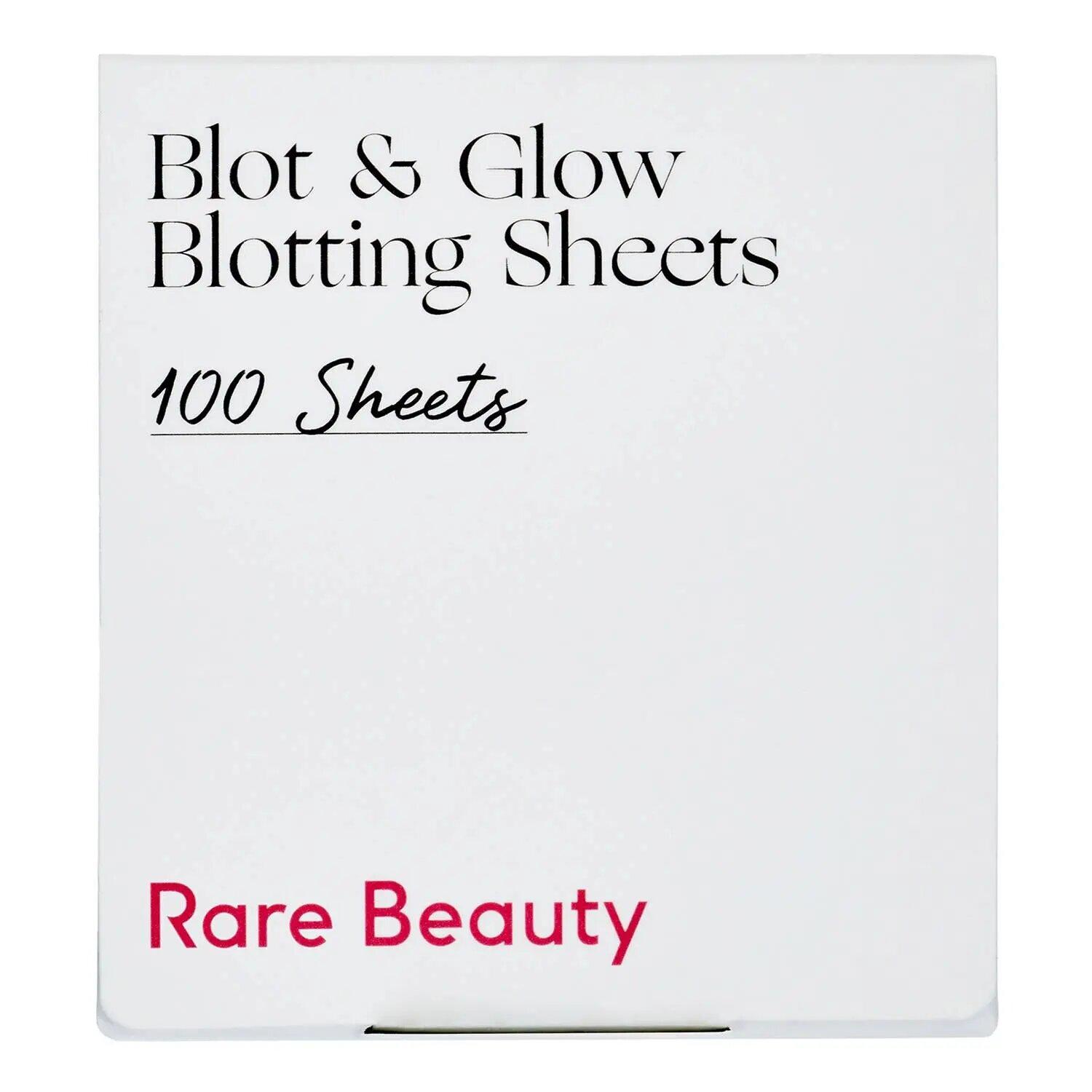
Next Up: My Makeup Never Lasted Until I Added This One Product to My Routine



